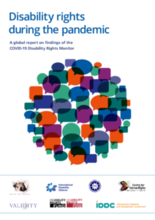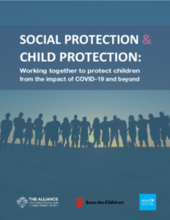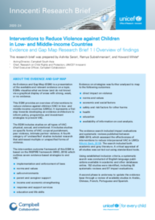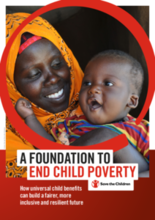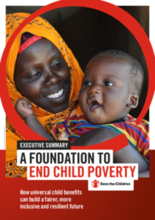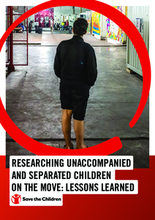Displaying 1671 - 1680 of 4431
This report has one central purpose: To raise the alarm globally as to the catastrophic impact of the COVID-19 pandemic on persons with disabilities worldwide, including children with disabilities, and to catalyse urgent action in the weeks and months to come.
This paper presents evidence of how social protection approaches can contribute to child protection outcomes and outlines recommendations which call for strong mobilization and uptake by governments, UN and multilateral development agencies, regional bodies, donors, and Civil Society Organizations (CSOs).
The UNICEF Office of Research – Innocenti has produced the Children and COVID-19 Research Library to highlight the available global scientific research and evidence on children and the coronavirus pandemic.
The Child Protection Learning Brief Series aims to extract, synthesise and analyse learning on child protection risks and programme adaptation in the COVID-19 pandemic, contributing to improving policy, advocacy and programme results during infectious disease outbreaks.
In this podcast series, Family for Every Child's CEO, Amanda Griffith, holds conversations with Members of the Family for Every Child Alliance to explore the topic of Care during COVID-19.
In 2019, UNICEF issued its first ever global Guidelines to Strengthen the Social Service Workforce for Child Protection. This two-module course is aligned to the Guidelines and aims to equip the learner with key strategies to strengthen social service workforce.
This brief summarizes the key findings from the Evidence Gap Map on interventions to reduce violence against children in low- and middle-income countries.
This report from Save the Children calls upon governments, donors and other development partners to urgently support an expansion in social protection coverage of children and their caregivers (predominantly women), working progressively towards UCBs.
This report from Save the Children calls upon governments, donors and other development partners to urgently support an expansion in social protection coverage of children and their caregivers (predominantly women).
This document presents the challenges met during research on informal practices of unaccompanied and separated children traveling the Balkans route and learnings from the process of overcoming these challenges.

